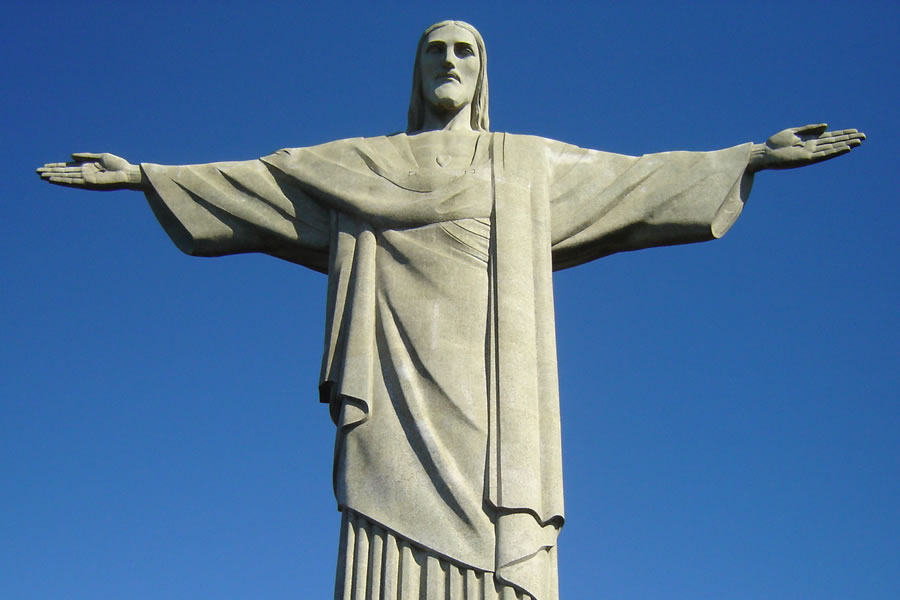
In Many Ways, Moses is Presented in the Old Testament as a Type of Jesus
01-28-2024Weekly ReflectionFr. Manasseh Iorchir, VCLike Jesus in the New Testament, Moses led the people out of slavery, an act that Jesus would perfect with His Passion and death, not just for Israel alone but for all people of all generations. Again, Moses established the reign of God among the people of Israel by giving them laws which he got from God. In the New Testament, Jesus would establish and provide for the sustenance of the Kingdom of God through the law of love. “I give you a new commandment: love one another as I have loved you.” (Jn 13:34)
The First Reading presents part of Moses’ parting admonishment to the people of Israel when it became clear to him that he was unlikely to be with them when they would be in the Promised Land. Moses anticipated that the people would miss him and his guidance and may be tempted to deviate from the dictates of the law of the Lord if they couldn’t decipher a clear replacement for the leadership of Moses which they had come to respect and depend on in their relationship with God. So Moses prophesied that God would send for them a prophet of the like of Moses, from among them who will lead them to God as Moses did. God guaranteed that this prophet shall speak in His name and anyone who failed to listen to Him shall answer for it. We know that Joshua, son of Nun, was the immediate replacement of Moses and he led Israel into the Promised Land. However, the fullest fulfillment of the prophecy can only be truly seen in Jesus, the Word of God who took flesh, was born and raised among the people, led all humanity out of slavery and established the reign of God not just in Israel but in all people by teaching us how to love God and our neighbors.
The Gospel passage for this weekend’s Liturgy presents Jesus as the perfect fulfilment of Moses’ prophecy. Christ is presented here and in the other Gospels as the prophet who is not just like Moses but is even greater than the law giver (Jn 1:17-18). At Capernaum, Jesus went into the synagogue and taught with authority to the amazement of the people. They noted that unlike their Scribes, Jesus taught with authority. It happened that a man with an unclean spirit was present and the spirits in him cried out, “What have you to do with us, Jesus of Nazareth…the Holy One of God!” It is most probable that Jesus had been attending and teaching in that same synagogue prior to that particular time without the people realizing who was among them. It took a man possessed by unclean spirits for Jesus to be recognized. Also, the fellow who was liberated from demonic possession may have been attending that synagogue without effect until he encountered Christ. This reveals to us what can happen when we have places of worship with the presence and love of Christ. People go in and out and remain the same. This Gospel passage invites us to ensure that Jesus is verifiably present in our lives and in our community of believers. We will find in our churches people who are bedeviled by the unclean spirits of pride, self-righteousness, a frozen conscience, incorrigibility, unkind disposition, fear and other sins and vices. When they come to our faith community, they should be able to hear Christ speak to their fears with authority, “Quiet! Come out of him/her!” This presupposes that we make Christ incarnate in our communities. It is also good to know that through the sacraments, especially the sacrament of Reconciliation, Christ continues to exorcize the demons that besiege members of His church.
May we be enabled with the authority of Christ to purge the world of sin, unite people more closely with God and help conform our souls increasingly to the Divine will.
Please be kind and may God bless you.
Fr. Manasseh
BACK TO LIST